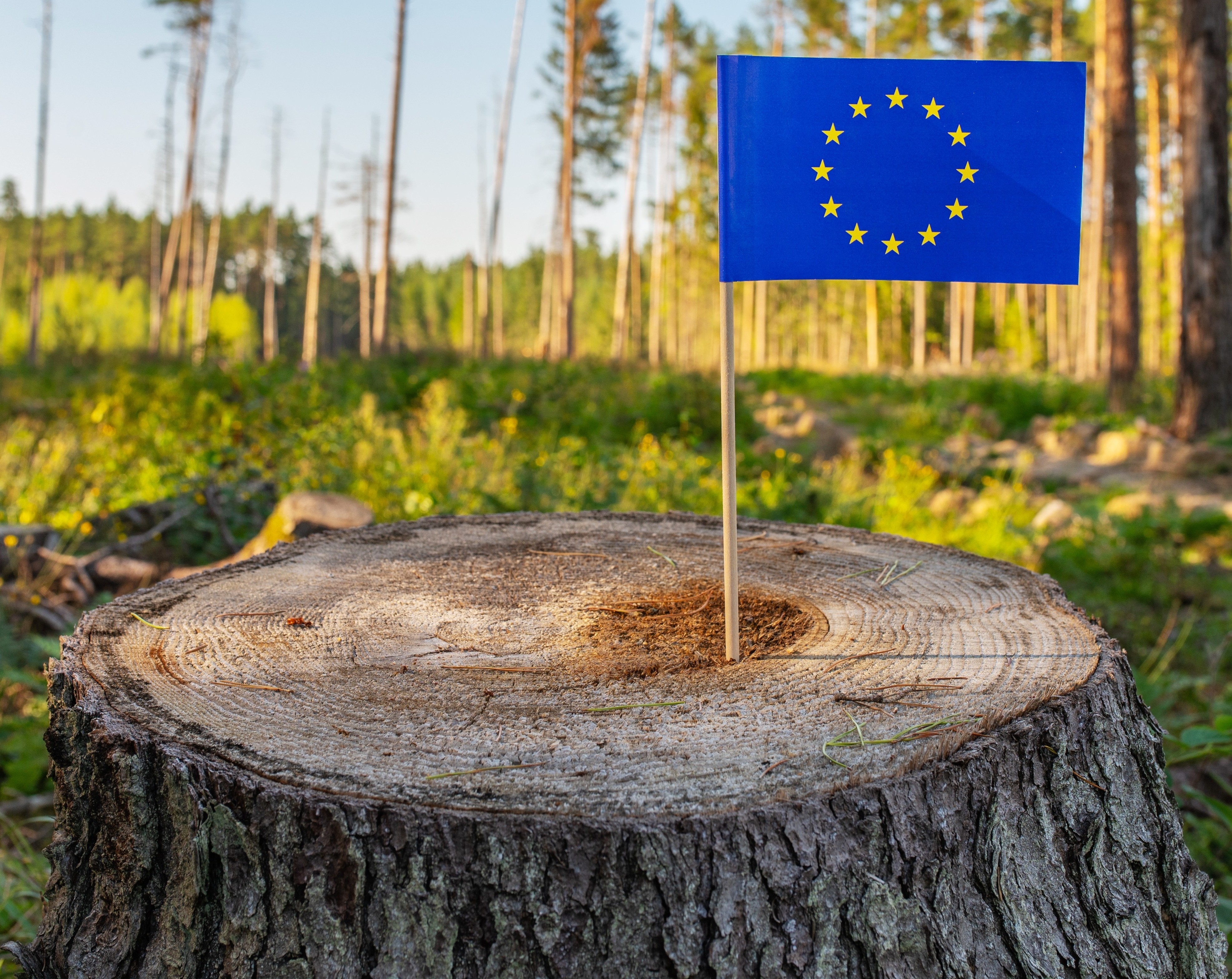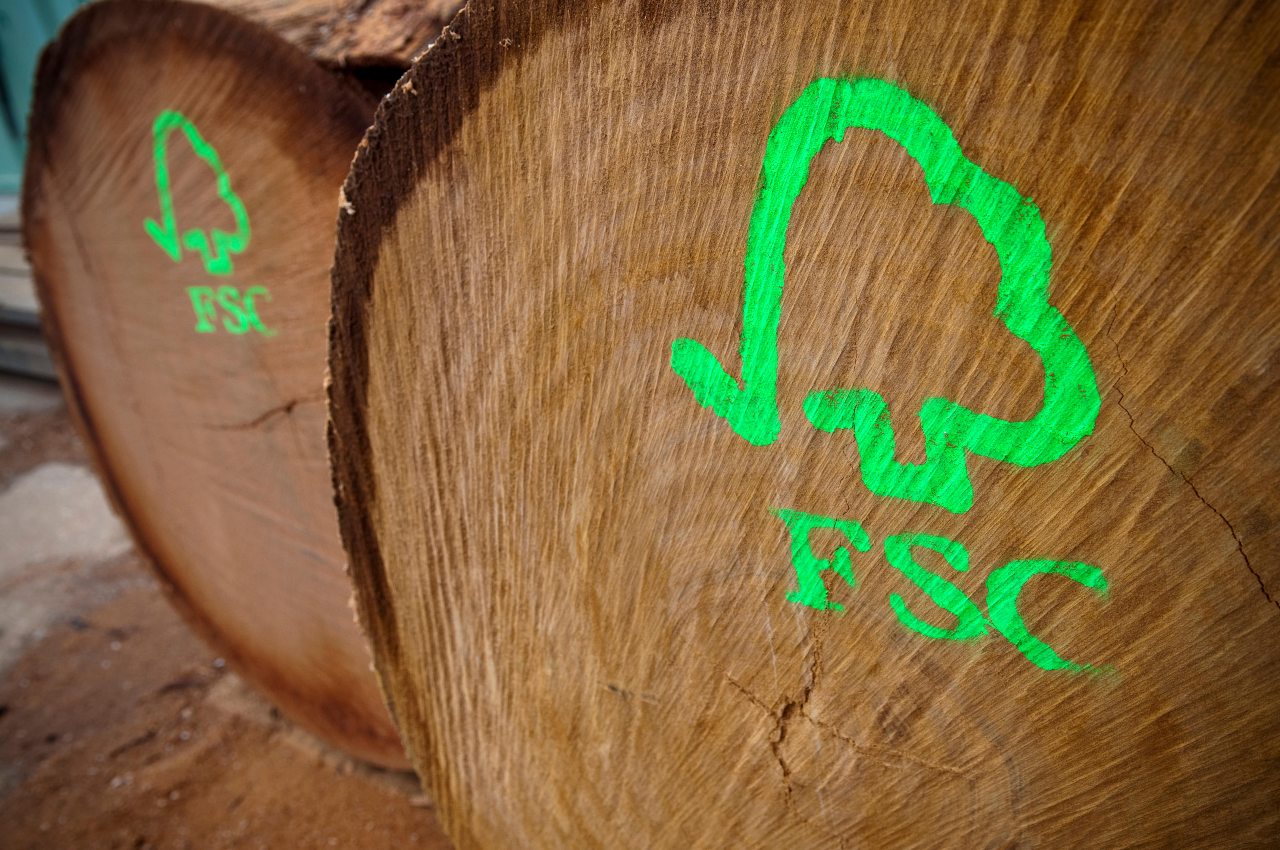A palm oil company in Central Kalimantan is being sued by the Indonesian government for allegedly causing illegal forest fires. PT Arjuna Utama Sawit, a Musim Mas supplier, has also been connected to land conflicts and the illegal clearing of peatland

PT Arjuna Utama Sawit is being held responsible for the destruction of 970 hectares of forest at its oil palm concession in Kalimantan.
The Indonesian Ministry of
Environment and Forestry has launched a lawsuit against
oil palm company PT Arjuna Utama Sawit (PT AUS) for allegedly causing illegal forest
fires at its plantation concession in Central Kalimantan, a forest-rich
province on the island of Borneo, in 2015.
The company is being held responsible for the destruction of 970 hectares (ha) of forest at its oil palm concession, which covers 16,600 ha, in the Kamipang Subdistrict, Katingan Regency.
The Ministry is seeking compensation of 497.15bn Indonesian
Rupiah ($34.8m), nearly half of which (243.3bn Indonesian
Rupiah – $17m) is meant for forest recovery.
The Ministry has asked the
Palangkaraya District Court to penalise the company for failing to reforest the
area in question and instead planting oil palm trees. The Ministry also wants
PT AUS to remove the planted trees from the burned area to make way for
reforestation and pay a fine for each palm tree planted.
The Anti-Smoke Movement has welcomed the
lawsuit as a “lesson” for “companies holding permits to be more responsible” as
well as a “deterrent for environmental destroyers in Central Kalimantan.”
Past controversies
PT AUS has been named in
connection to a number of conflicts with local communities and environmental
infractions. In 2017 residents from eight villages affected by the plantation
in Katingan alleged that
their customary lands had been arbitrarily seized by the company, which had
also failed to compensate the families or provide them with a promised 300ha of land for their crops.
The communities have complained that
PT AUS constantly breaks its promises of support for local residents and
demanded more transparency about the concession permits.
A 2013 report by the Indonesian Forum for the Environment (Walhi), a conservation NGO, revealed that PT Arjuna Utama Sawit was one of ten companies in Central Kalimantan to have violated a two-year forest moratorium imposed in 2011.
The company was
accused of clearing peatland in 2012 in contravention to the moratorium on
deforestation.
Walhi also listed other
violations allegedly committed by PT AUS, including polluting a local lake and
starting operations before the conclusion of an environmental impact assessment
or the release of permits.
The conservation NGO criticised
the lack of law enforcement in Central Kalimantan and denounced the dearth of
sanctions for violators. According to Walhi, PT AUS should have faced fines,
cancellation of permits and even prison sentences as a result of its
infractions.
A place in the global market
PT AUS is a supplier of crude palm oil and palm kernel to Central Kalimantan subsidiaries of Singapore-based Musim Mas, one of the world’s largest palm oil producers and traders.
Musim Mas sells palm oil to some of the world’s major consumer brands,
including Unilever and
other Snack Food 20 companies.
Musim Mas itself has been no
stranger to controversy as it has been linked to
plantations and mills implicated in land conflicts and illegal deforestation at
the Leuser Ecosystem in Aceh, and named in Greenpeace’s recent report Final
Countdown in connection to 12 oil palm “dirty producers” responsible
for continuing deforestation in Indonesia.
Kalimantan, the Indonesian part
of Borneo, has seen an oil palm boom since 2005. This expansion has been associated with
forest destruction, corruption and violations of local communities’ rights.
Populations of the Bornean
Orangutan are estimated to have declined by
over 55% ince the early 2000s, due mostly to habitat loss for palm oil
and other plantations. In 2016 the Bornean ape was declared “critically
endangered” by the International Union for Conservation of Nature.



